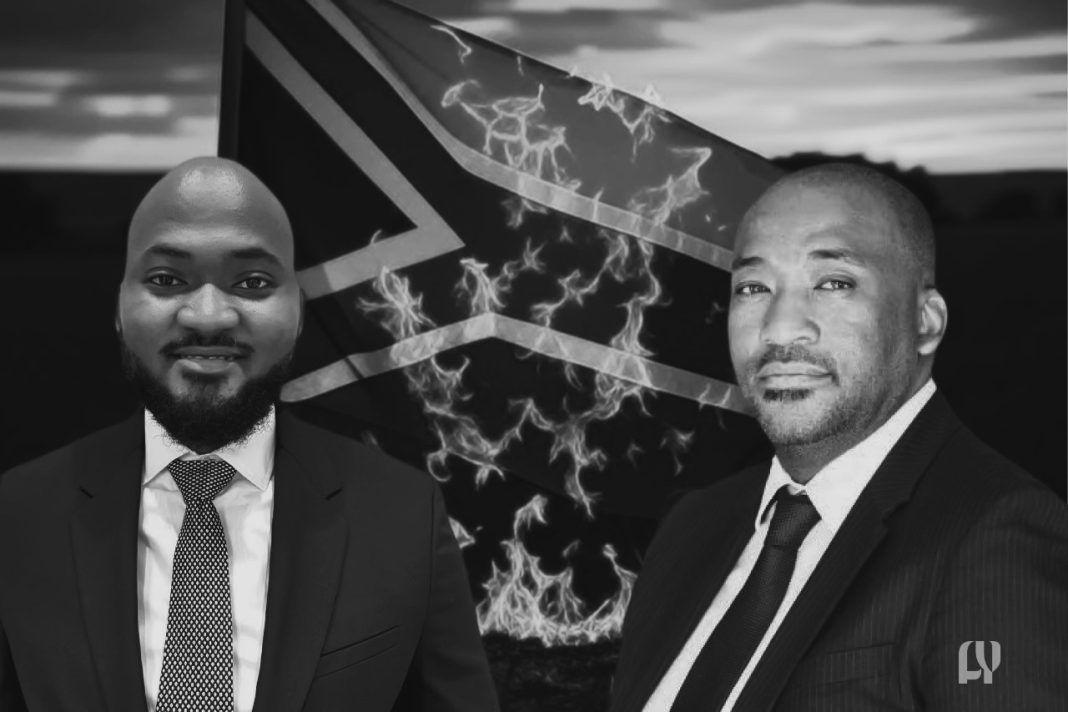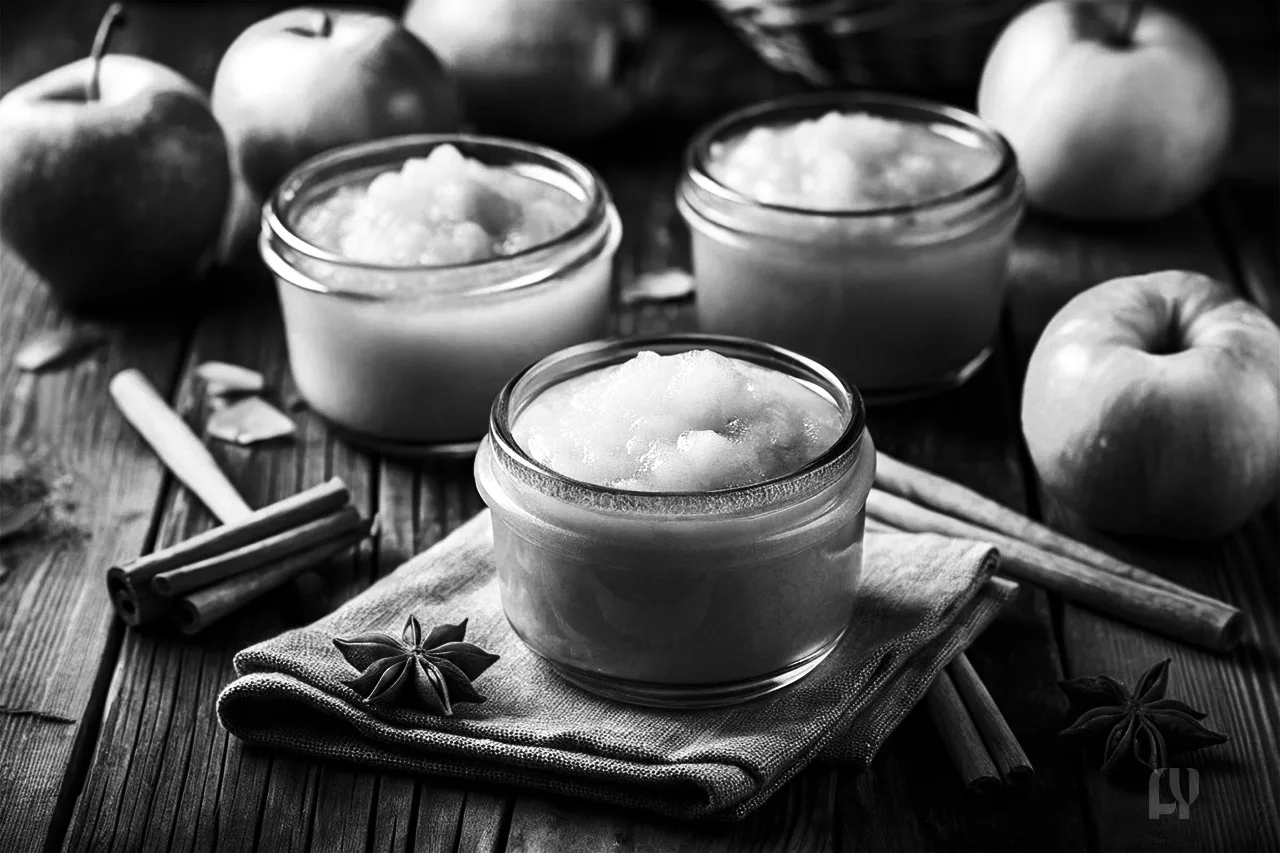The DA’s Dirty Laundry: Unmasking Hypocrisy in South Africa’s “Clean” Party
The Democratic Alliance (DA dirty laundry) is South Africa’s self-proclaimed champion of clean governance. The party has built its brand on promises of transparency, accountability, and rooting out corruption. For years, the party has positioned itself as the antidote to the African National Congress (ANC)’s well-documented scandals. It has rallied voters with slogans like “clean government” and “change that delivers.” But the DA is consolidating power in key municipalities and provinces. Cracks have begun to show in this polished image, particularly in the Western Cape.
- Strandfontein’s Shame: R42 Million Wasted on a COVID Camp
- The Fleet Fiasco: R500 Million Down the Drain Dirty Laundry
- Missing Guns, Rising Fear: A Public Safety Crisis
- Housing Horror Show: R1 Billion and Gang Connections
- The DA’s Dirty L aundry Hypocrisy: A Pattern of Double Standards
- The Western Cape Tender Scandal: R1.2 Billion in Question
- A Broader Context: Corruption in South Africa
- What South Africans Deserve: True Accountability
- The Way Forward: Demanding Truth, Not Tricks
A closer look reveals a troubling pattern of scandals. They stain the DA’s clean governance narrative. This raises serious questions about whether the party truly lives up to its lofty rhetoric. There are tender irregularities, missing firearms, and allegations of ties to organised crime. The DA’s dirty laundry is piling up. South Africans deserve to know the truth. This investigation by Forever Yena News dives into the DA’s scandals. It exposes a gap between their public promises and their actions in power. The focus here is unmistakable. The DA’s dirty laundry reveals hypocrisy, mismanagement, and questionable dealings. These issues undermine their claims of integrity. We will unpack these issues. We’ll explore how the DA’s governance in places like Cape Town and Tshwane exposes a troubling reality. This reality demands scrutiny and accountability.
Strandfontein’s Shame: R42 Million Wasted on a COVID Camp
The City of Cape Town was under DA leadership. They set up a temporary relocation camp at Strandfontein during the height of the COVID-19 pandemic. This was to house homeless residents. The intention was noble, but the execution was a disaster. The Special Investigating Unit (SIU) found that the city spent a staggering R42.1 million on marquees, toilets, and other services for the camp, with the tender process deemed “irregular.” No proper checks were conducted, and a single company reaped massive profits without delivering value for money.
South Africans deserve leaders who practice what they preach, who hold themselves to the same standards they demand of others.
The situation is dire. The city has made no effort to recover these funds. Taxpayers are left to foot the bill for what can only be described as gross mismanagement. This scandal is a textbook case of the DA’s dirty laundry. The party loudly condemns wasteful expenditure by the ANC. Yet, their own administration in Cape Town allowed millions to vanish into thin air. The lack of accountability in refusing to claw back the wasted funds is troubling. It raises serious questions about their commitment to fiscal responsibility. If the DA is serious about clean governance, why has no one been held responsible for this colossal waste?
The Fleet Fiasco: R500 Million Down the Drain Dirty Laundry
Another bombshell from Cape Town further tarnishes the DA’s clean governance reputation. A report was corroborated by sources close to the DA. It revealed that the city splurged R500 million on vehicle service plans. These plans were never used. This amount constitutes a quarter of the city’s fleet budget, gone without a trace. When allegations of this mismanagement surfaced, police complaints were filed. Nonetheless, DA officials dismissed the issue as a mere “procedural” error. A forensic review is reportedly underway, but progress is slow, and the public remains in the dark.

This scandal is particularly galling because it undermines the DA’s narrative of efficiency and accountability. The DA’s dirty laundry here is not just the loss of half a billion rand. It is also the casual dismissal of such a monumental failure. For a party that prides itself on running a tight ship, this level of waste is indefensible. South Africans deserve answers: who authorised these payments, and why has no one been held accountable?
Missing Guns, Rising Fear: A Public Safety Crisis
Public safety is crucial for any government. Yet, the DA’s handling of police firearms in Cape Town raises alarming concerns. Allegations emerged that 27 guns vanished from the Cape Town Metro Police stores. Some reportedly ended up in the hands of gangs. DA councillor JP Smith downplayed the issue. He claimed only four guns were recently lost. Smith attributed the discrepancy to outdated records.
But whether it’s four or 27, the fact remains: police weapons are missing, and they’re fuelling violence on our streets. This scandal strikes at the heart of the DA’s dirty laundry. The party’s rhetoric about law and order rings hollow when their own systems allow firearms to disappear. Stolen police weapons in the hands of criminals are a direct threat to public safety. Yet the DA’s response has been to deflect. They have also minimized the issue. If the party is serious about protecting communities, why haven’t they conducted a transparent investigation? Why hasn’t there been decisive action to address this crisis? The negligence is not just disappointing it’s dangerous.
Housing Horror Show: R1 Billion and Gang Connections
The most damning scandal in the DA’s closet is connected to Malusi Booi. He is a former DA councillor and Human Settlements portfolio head in Cape Town. Booi is under investigation for his alleged role in an R1 billion housing tender scandal. This scandal has ties to notorious gang boss Ralph Stanfield. The National Treasury blacklisted the companies involved, citing irregular procurement practices. Booi himself allegedly pocketed R45 million in illicit payments. He was arrested in 2025, but in a shocking twist, the charges were withdrawn under mysterious circumstances.
This scandal is a glaring example of the DA’s dirty laundry. The party’s vocal stance against corruption feels hollow. This is especially true when one of their own is implicated in such serious allegations. These allegations include links to organised crime. The withdrawal of charges raises suspicions of backroom deals and protection for connected individuals. If the DA is truly committed to clean governance, why hasn’t Booi faced the full force of the law? And why has the city been so slow to address the systemic failures that allowed this scandal to unfold?
The DA’s Dirty L aundry Hypocrisy: A Pattern of Double Standards
The DA’s dirty laundry isn’t just about individual scandals it’s about a pattern of hypocrisy that undermines their credibility. The party has been quick to call out corruption in the ANC, demanding resignations and investigations at every turn. Yet, when faced with their own scandals, the DA’s response is often deflection, denial, or deafening silence. This double standard is particularly stark. It is clear in their role within the Government of National Unity (GNU). The GNU was formed after the ANC lost its parliamentary majority in 2024.

Within the GNU, the DA has positioned itself as the moral arbiter. They criticize ANC ministers like Thembi Simelane for alleged corruption. Meanwhile, they ignore their own shortcomings. For instance, the DA vehemently opposed the Department of Human Settlements’ R33 billion budget. They cited Simelane’s links to the VBS Mutual Bank scandal. Additionally, they mentioned Eskom fraud allegations. Yet, their own housing scandals in Cape Town, like the Booi case, get far less scrutiny from within the party. This selective outrage suggests that the DA’s commitment to clean governance is more about political point-scoring than genuine principle.
The Western Cape Tender Scandal: R1.2 Billion in Question
Adding to the DA’s dirty laundry, posts on X have highlighted allegations of a R1.2 billion tender scandal in the Western Cape for LAN services to schools. These claims are not yet fully substantiated. They point to a broader issue. The DA’s governance in the Western Cape is often touted as a model of efficiency. But, it is not immune to accusations of impropriety. Critics argue that the party’s close ties to certain businesses raise red flags about cronyism and favouritism.
The DA’s dirty laundry isn’t just about individual scandals it’s about a pattern of hypocrisy that undermines their credibility.
In a 2016 case, the DA-run City of Cape Town sold foreshore land to a property developer. The sale was for R140 million below market value. This case continues to fuel suspicions of cosy deals. These allegations need further investigation. They contribute to a growing perception that the DA’s clean governance narrative is more rhetoric than reality. If the party is serious about transparency, it must address these claims head-on, with independent probes and full disclosure.
A Broader Context: Corruption in South Africa
Understanding the significance of the DA’s dirty laundry requires placing these scandals in a broader context. This context involves South Africa’s corruption challenges. The country has a long history of graft. This spans from the apartheid-era Muldergate scandal to the state capture era under former President Jacob Zuma. The Zondo Commission was established in 2018. It exposed systemic corruption involving the Gupta family. State-owned enterprises like Eskom and Transnet were involved, costing the economy billions. Transparency International’s 2024 Corruption Perceptions Index ranked South Africa 82nd out of 180 countries. The score was 41 out of 100. This reflects ongoing challenges in tackling graft.
The DA has capitalised on these issues, positioning itself as the party to clean up the mess. But their own scandals suggest they’re not immune to the same temptations of power. The DA wastes public funds. They also fail to hold their own accountable. Their dirty laundry undermines their moral high ground.
What South Africans Deserve: True Accountability
The DA’s dirty laundry is more than just a series of scandals. It’s a betrayal of the trust South Africans place in their leaders. The party’s rhetoric about clean governance is compelling, but it must be backed by action. Instead, we notice wasteful actions. There is negligence, and there are questionable dealings. These issues mirror the very problems the DA claims to oppose. From Strandfontein’s R42 million fiasco to the R1 billion housing scandal, the numbers are staggering. The consequences are real: wasted resources, eroded trust, and compromised public safety. South Africans deserve better. They deserve leaders who practice what they preach, who hold themselves to the same standards they demand of others.
The DA must take concrete steps to address its dirty laundry:
- Independent Investigations: Commission transparent, independent probes into all allegations, from the Strandfontein camp to the housing tender scandal.
- Accountability for Leaders: Make sure that implicated officials, like Malusi Booi, face consequences, regardless of their connections.
- Public Disclosure: Release detailed reports on how public funds are spent and how tenders are awarded, to rebuild trust.
- Strengthened Oversight: Implement robust checks to prevent future waste and mismanagement, particularly in high-risk areas like housing and public safety.

The Way Forward: Demanding Truth, Not Tricks
The DA’s scandals are a wake-up call for South Africans. The party’s clean governance narrative has been exposed as a carefully crafted façade, hiding a mess of mismanagement and hypocrisy. The DA’s dirty laundry, from wasted millions to missing guns and alleged gang ties, demands scrutiny, not blind loyalty. As voters, we must dig deeper. We need to ask hard questions. We should hold all parties accountable, no matter how loudly they proclaim their virtue.
Who’s funding the DA? What deals are being struck behind closed doors? And who holds them accountable when they’re the ones in power? These are the questions we must ask, not just of the DA, but of all who seek to lead us. South Africa deserves genuine change change that’s transparent, inclusive, and built on integrity. Until the DA cleans up its dirty laundry, their promises of a better future will stay just that: promises.




